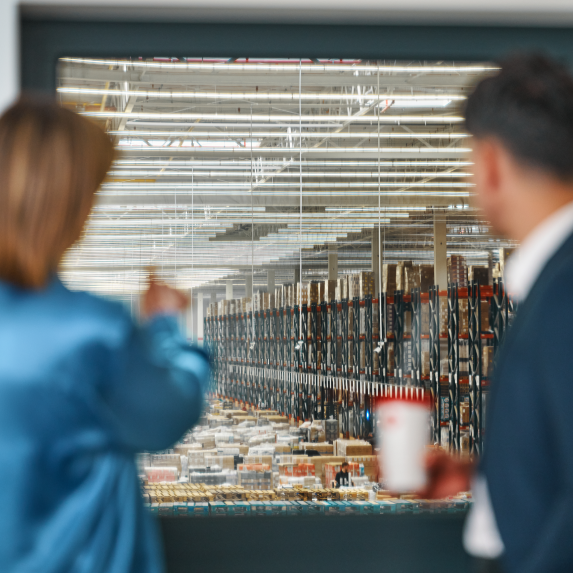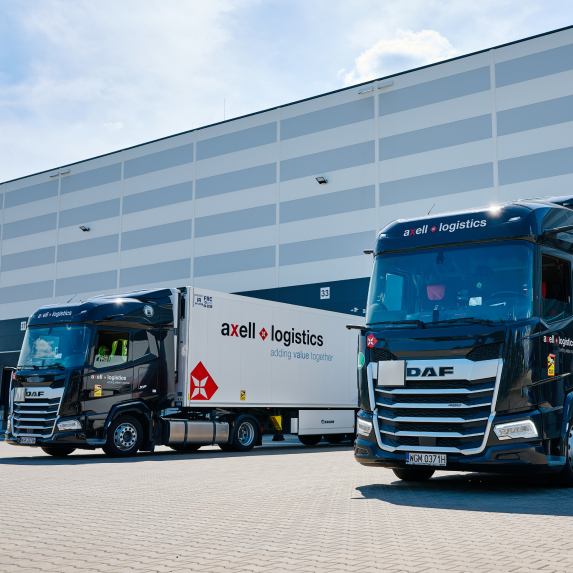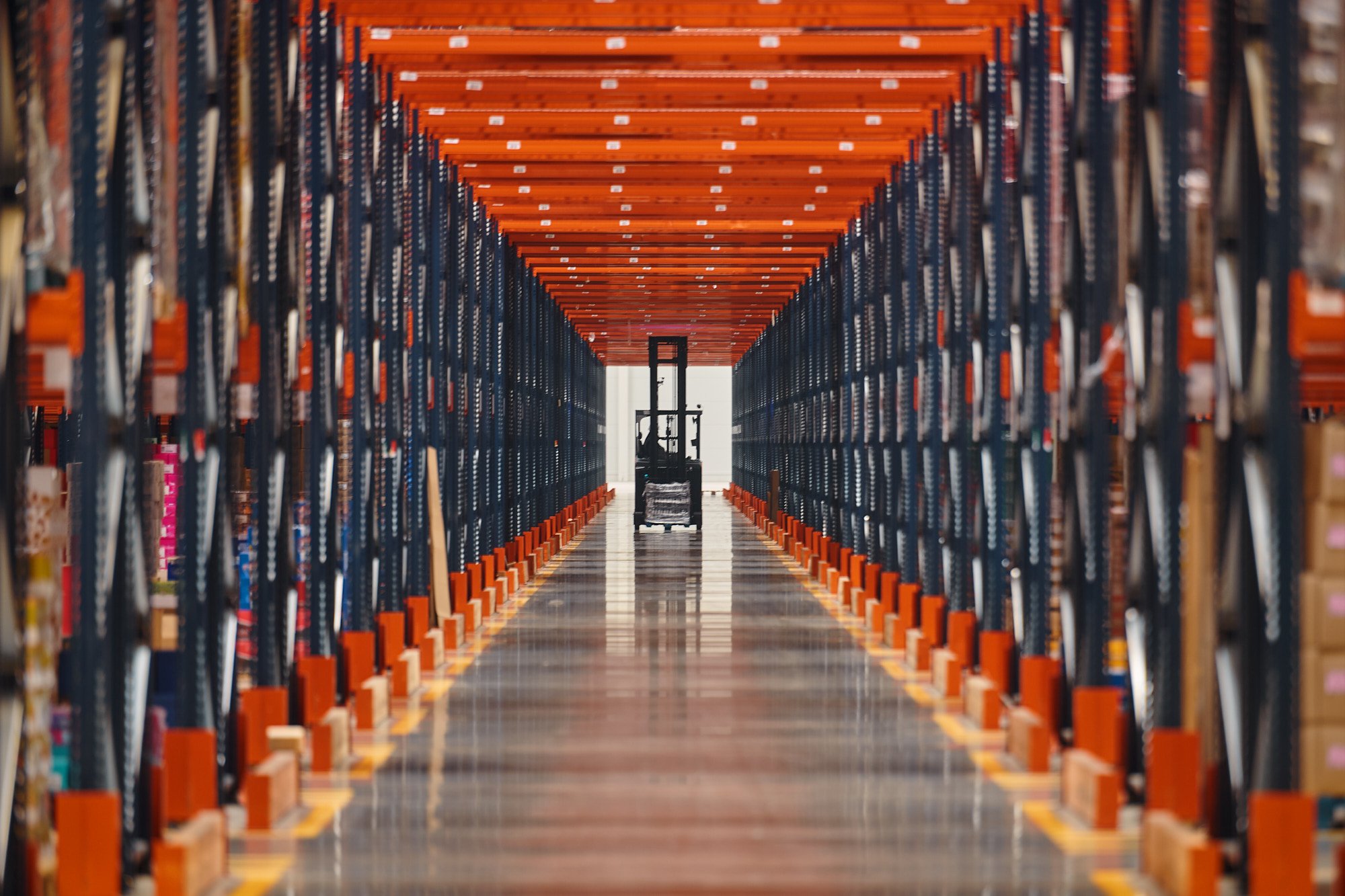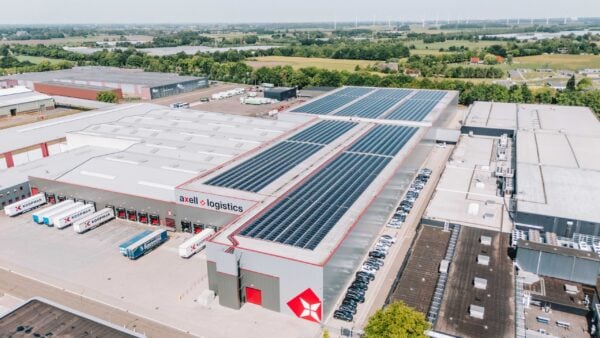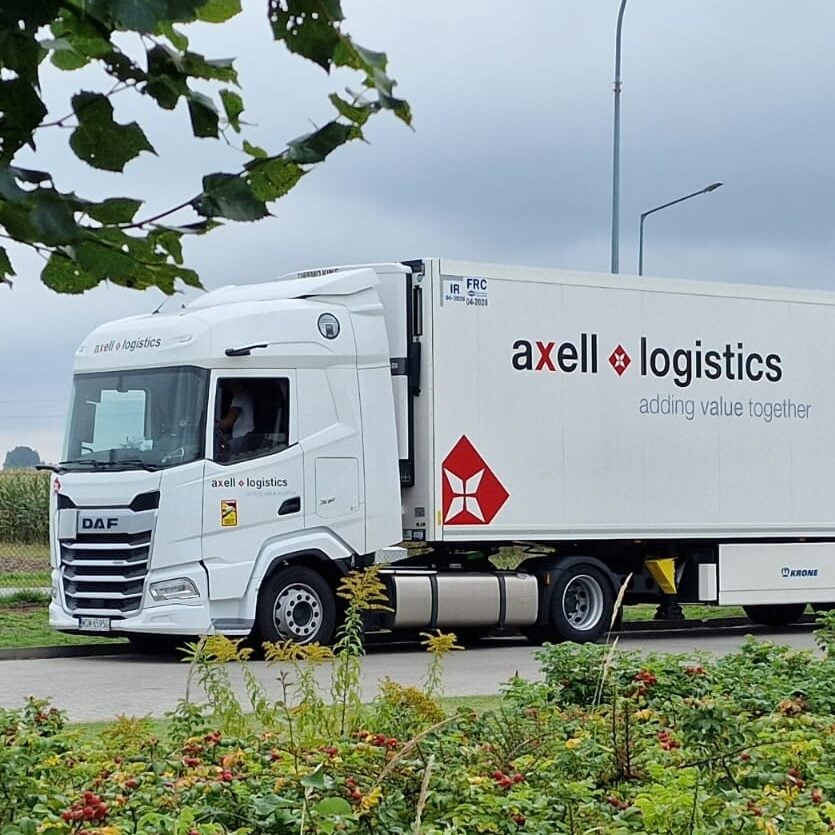What exactly does a logistics specialist do? While the question may seem simple, the answer reveals the complexity and variety of responsibilities that come with this vital role in any company. In today’s globalized world, where goods move around the clock, the role of logistics in warehousing and transport is more crucial than ever. From managing the supply chain and optimizing costs to ensuring punctual deliveries—logistics directly impacts the overall performance of a business. In this article, we explore what logistics professionals really do and reveal the secrets behind an efficient logistics operation.
What does a logistics specialist’s job look like?
To understand what a logistics professional does on a daily basis, we need to look at their key responsibilities—such as inventory management, order fulfillment, transport coordination, and more.

Inventory management – the key to an organized warehouse
One of the logistics team’s most important tasks is managing inventory. Efficient inventory management is essential to keeping operations running smoothly and customers satisfied. This means constantly monitoring stock levels, strategically storing goods in the warehouse, and forecasting future demand to ensure that inventory is always at the right level.
Order fulfillment – from order to delivery
Order fulfillment is another core logistics process, and it’s where a logistics specialist’s role truly takes shape. This process begins the moment a customer places an order and ends when the product is delivered. It’s the logistics expert’s job to manage the entire flow and make sure it runs clearly, quickly, and effectively.
Transport and delivery – how logistics ensures punctuality
Transport coordination is a major pillar of logistics. Specialists must make precise calculations to ensure timely deliveries, all while keeping costs under control. Here, technology plays a key role—helping logistics teams track and manage shipments in real-time.
Supplier and customer relations – adding value through communication
While logistics is often seen as a technical field, strong relationships with suppliers and customers are equally important. A logistics professional is in constant communication, negotiating, solving problems, and ensuring smooth cooperation. They act as a bridge between the company and its partners, with communication skills often making the difference between good and great logistics performance. Solid relationships can lead to better delivery quality, faster lead times, and even preferential pricing.
Summary: What does a logistics specialist do?
Inventory management, order fulfillment, transport, and delivery—these are just a few aspects of a logistics professional’s role. In reality, the job is much broader, requiring a mix of data analysis, process understanding, and the ability to use modern logistics tools and technologies. The biggest challenges? Forecasting demand, managing product flow, meeting delivery deadlines, and reducing costs. One thing is clear: without effective logistics, modern businesses wouldn’t function.



